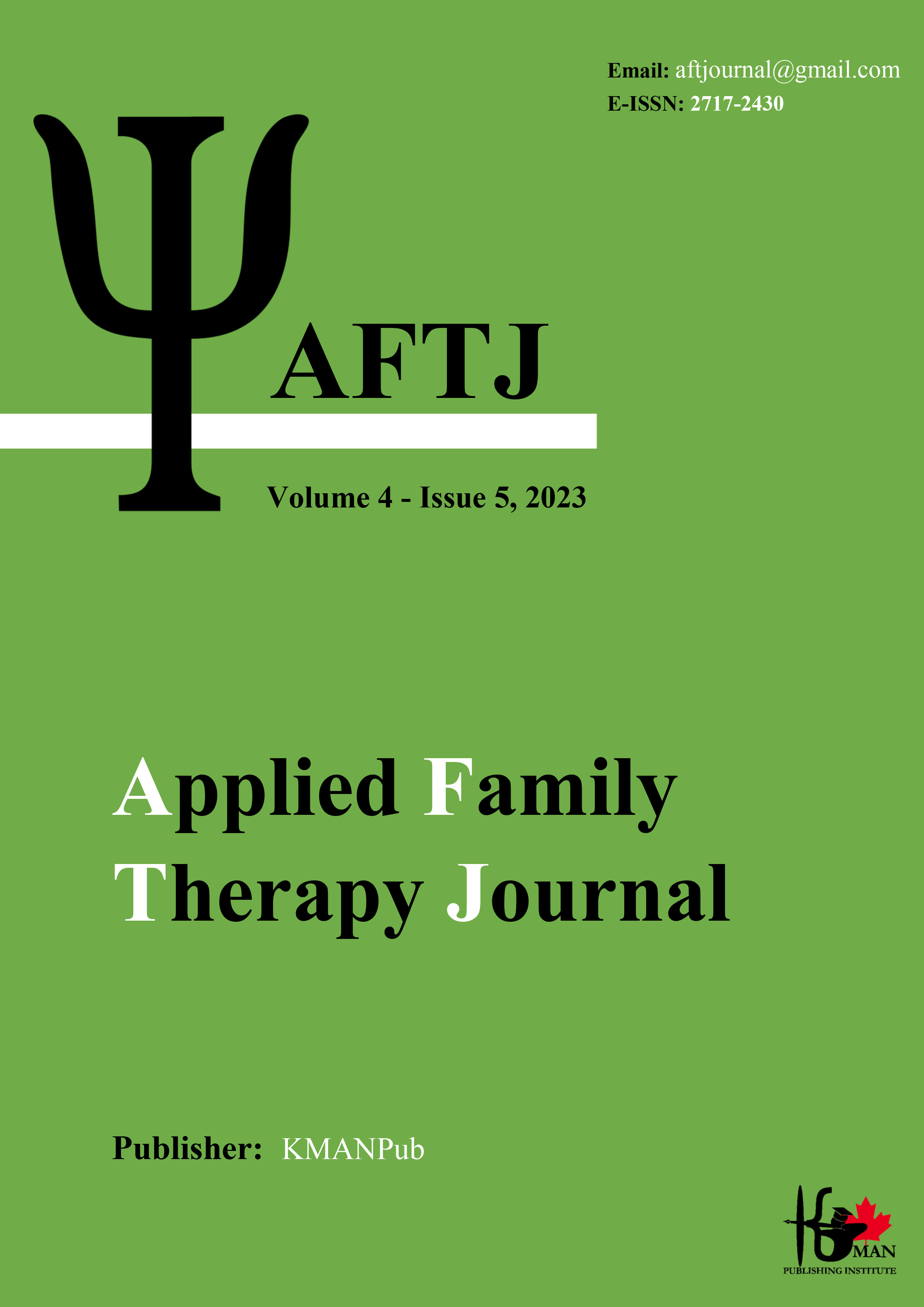Predicting life satisfaction based on emotional intelligence, spiritual intelligence and mental health of couples
Keywords:
Life Satisfaction, Emotional Intelligence, Spiritual Intelligence, Mental HealthAbstract
Aim: The purpose of this research was to predict life satisfaction based on emotional intelligence, spiritual intelligence and mental health of couples. Method: This research was carried out by correlation method. The statistical population of the research includes all the couples referred to the Mehrana counseling center in Tehran, numbering 360 people, and the total number of the population and referring to the Krajcie and Morgan table was estimated to be 186. Data collection tools included Diener's Life Satisfaction Questionnaire (1985), Bar-On's Emotional Intelligence (1980), King's Spiritual Intelligence (2008), and Goldberg and Hiller's Mental Health Questionnaire (1972). The analysis of the collected data was done in two descriptive and inferential ways through SPSS21 software. In this research, descriptive statistics were used to calculate the mean and standard deviation of the research variables and to show the frequency and related graphs, and inferential statistics were used to investigate the research hypotheses. Results: The results showed that the variables of emotional intelligence (Beta = 0.254), spiritual intelligence (Beta = 0.186) and mental health (Beta = 0.429) are able to predict the life satisfaction of couples. Conclusion: It can be concluded that mental health has a greater contribution in predicting life satisfaction of couples.
Downloads
Downloads
Published
Issue
Section
License

This work is licensed under a Creative Commons Attribution-NonCommercial 4.0 International License.





















